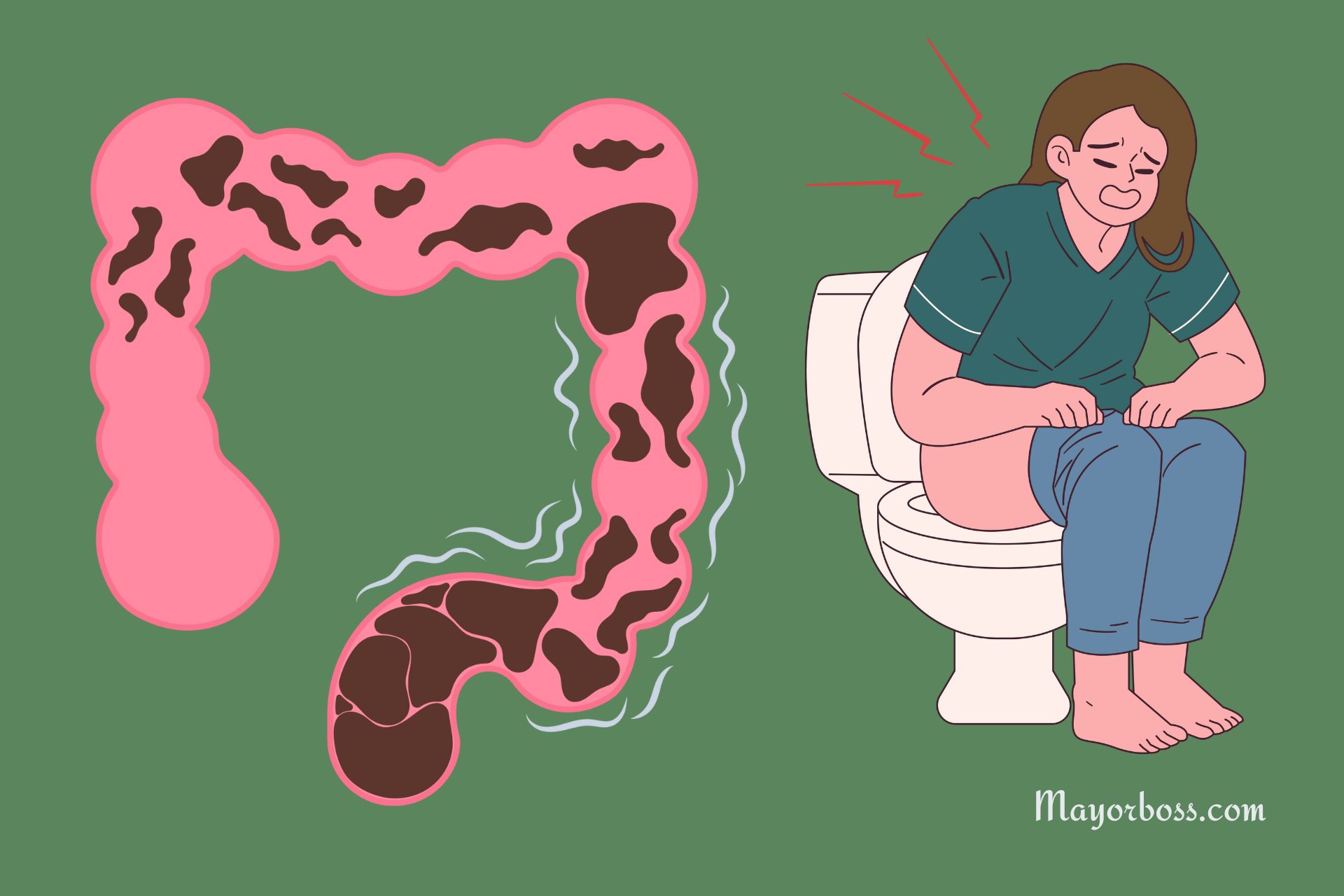Early Signs of Gastrointestinal Disease

Gastrointestinal (GI) diseases are health problems that affect the stomach, intestines, and other parts of the digestive system. These diseases can cause different symptoms that might seem like small digestive issues at first. Common symptoms of GI diseases include stomach pain, feeling sick (nausea), vomiting, bloating, diarrhea, heartburn, constipation, and bleeding in the digestive system.
Since the early signs of GI diseases can look like normal digestive problems, it’s important to notice when these symptoms keep happening or get worse. It could mean that something is wrong with your digestive system. Keep reading to learn more.
Persistent Abdominal Pain or Discomfort Should Not Be Ignored
Most people get an upset stomach every now and then—after a large meal or maybe when they’re feeling stressed. However, persistent abdominal pain or discomfort, especially if it lasts for more than a week or keeps coming back, could be an early sign of gastrointestinal disease. This discomfort might be sharp, crampy, or dull and can occur anywhere in your abdomen. Conditions like irritable bowel syndrome (IBS), Crohn’s disease, or gastritis often present with such ongoing pain.
Paying attention to where and when you feel this discomfort can provide useful clues for your doctor. For instance, pain in the upper abdomen may suggest issues with your stomach or esophagus, while lower abdominal pain could be linked to your intestines.
Frequent Bloating Can Signal Digestive Issues
Bloating that doesn’t seem to have an obvious cause can also be a warning sign. It’s normal to feel bloated after a big meal, but persistent bloating—even when you’ve eaten lightly—can indicate underlying issues, such as sensitivity to certain foods like dairy or gluten. Many gastrointestinal disorders, like celiac disease or small intestinal bacterial overgrowth (SIBO), can lead to excessive gas and bloating.
If you find yourself bloated more often than not, especially if it’s accompanied by pain or discomfort, it may be time to see a physician to evaluate whether something more serious is happening in your GI tract.
Changes in Bowel Habits Are Often Early Indicators
Our bowel habits can reveal a lot about the state of our digestive health. Frequent diarrhea or constipation that doesn’t seem to have an obvious reason (like a change in diet, recent travel, or medication side effects) is often an early sign of gastrointestinal issues. Conditions like IBS, ulcerative colitis, and diverticulitis often start with unusual changes in bowel movements.
Pay attention to the color and consistency of your stool as well. Stools that are pale, greasy, or appear to have blood can indicate that something’s not quite right. Blood in the stool may be especially concerning and should always be investigated by a physician, as it could be a sign of conditions such as hemorrhoids, colitis, or even colorectal cancer.
Difficulty Swallowing May Suggest Esophageal Issues
Difficulty swallowing (a condition called dysphagia) is another warning sign. If you feel like food is getting stuck in your throat or experience pain when swallowing, it could indicate problems in the esophagus. Conditions like gastroesophageal reflux disease (GERD) or even structural problems like esophageal strictures might be causing this issue. Early intervention can help prevent the worsening of these conditions.
Nausea and Vomiting Should Be Taken Seriously
While nausea and vomiting are common symptoms for many short-term illnesses, like the flu, chronic or recurring nausea can signal gastrointestinal trouble. If you’re experiencing nausea regularly, especially without an obvious cause, it might be linked to GI issues such as gastroparesis, a condition where the stomach can’t empty food properly, or an inflammation in the stomach lining.
Unexplained Weight Loss
If you’ve lost a significant amount of weight without trying, that can be a sign of a gastrointestinal disease. Unexplained weight loss could be your body’s way of signaling that it’s not absorbing nutrients properly or that inflammation is interfering with your digestion. Conditions like Crohn’s disease, celiac disease, or even certain cancers may be at play.
Early intervention here is essential because when your body loses weight rapidly, it’s often not able to take in vital nutrients—leading to other health issues on top of what’s causing the weight loss in the first place.
Fatigue and Weakness Could Be Linked to Malabsorption
Feeling tired all the time or noticing unusual weakness can also signal gastrointestinal issues. If your body isn’t absorbing the nutrients you’re eating, you may begin to feel fatigued or weak. For instance, gastrointestinal diseases like celiac disease can interfere with your ability to absorb iron, leading to anemia. Anemia is a common cause of fatigue and could be a clue that something is amiss in your GI tract.
Heartburn and Acid Reflux Shouldn’t Be Ignored
Occasional heartburn happens to many of us after a heavy meal. But if you’re experiencing heartburn or acid reflux more frequently, it might be more than just a simple case of overeating. Persistent acid reflux could indicate GERD. GERD is a condition that can damage the lining of your esophagus over time if left untreated, potentially leading to complications such as esophageal ulcers or Barrett’s esophagus. Frequent heartburn should not be ignored, as early treatment can prevent complications.
The Presence of Mucus in Stool Could Be a Warning Sign
While it may seem gross to talk about, noticing mucus in your stool can be an important indicator of gastrointestinal trouble. Mucus is a clear, jelly-like substance produced by the intestines, and while a small amount is normal, excessive mucus might suggest inflammation in your gut, such as with IBS or ulcerative colitis.
Early Detection Is Key to Effective Management of Gastrointestinal Disease
Spotting these early signs of gastrointestinal disease can help you get the medical care you need before things get worse. Gastrointestinal problems are often manageable, especially when they’re caught early. If you’re experiencing any of these symptoms persistently, it’s important to talk to your physician or make an appointment with a specialist who specializes in treating gastrointestinal conditions.
A healthy diet, regular physical activity, and stress management are essential tools for maintaining a healthy digestive system. Including high-fiber foods like fruits, vegetables, and whole grains can be particularly beneficial for GI health. Plus, keeping track of your symptoms and discussing them openly with your doctor will give you the best chance at staying on top of your gastrointestinal health. Your digestive system plays a vital role in your overall well-being, so taking its signals seriously is crucial for maintaining good health.
When to Seek Medical Help
If you are dealing with any of the symptoms listed above and they seem to be ongoing or getting worse, it’s time to see your doctor. Timely intervention can lead to better outcomes and prevent complications down the road. Don’t let embarrassment or fear keep you from getting the help you need—gastrointestinal health is just as important as any other part of your body.
The Takeaway
Your gut has a lot to tell you, and by listening closely to these early signs, you can catch potential issues before they become serious. Persistent pain, bloating, changes in bowel habits, difficulty swallowing, and unexplained weight loss are just a few signs that something might be amiss. Consult a physician if these symptoms persist, and don’t ignore your body’s signals.






